by LBD SEO
Introduction
The search for ways to live longer has led to the development of anti-aging supplements that aim to slow down the natural process of aging. Two such supplements that have gained attention are NMN (Nicotinamide Mononucleotide) and Resveratrol. These compounds are being studied for their potential benefits in anti-aging research.
- NMN is a substance that can be converted into NAD+, a molecule that plays a crucial role in energy production and DNA repair in our cells. Both of these processes are important for aging.
- Resveratrol is a type of antioxidant found in red wine and is believed to have similar effects as caloric restriction, which is known to extend lifespan in various organisms.
In this article, we will explore:
- How NMN and Resveratrol may affect the aging process.
- The health advantages linked with these supplements, backed by current scientific research.
- Practical factors to consider when using these supplements, ensuring they are safe and effective.
As you learn more about different strategies for staying young, it’s crucial to understand how these supplements might contribute to your health and longevity. In this article, we will take an in-depth look at the potential of NMN and Resveratrol as powerful tools in our battle against aging.
Understanding the Aging Process and How Supplements Can Support
The aging process is an intricate interplay of various biological mechanisms. While it’s a natural part of life, factors like metabolic dysregulation significantly contribute to the speed at which we age. As we grow older, our body’s metabolic functions – such as glucose regulation, lipid metabolism, and protein synthesis – begin to falter. This metabolic dysregulation can lead to a host of age-related conditions, from heart disease to cognitive decline.
One critical player in maintaining metabolic health is a compound called NAD+ (Nicotinamide Adenine Dinucleotide). This molecule acts as a fuel for many essential biological processes, including cellular energy production. However, NAD+ levels naturally decline with age, leading to reduced cellular function and contributing to the symptoms of aging.
Anti-aging supplements aim to support the body’s metabolic processes and counteract some of these changes. For example, they may help replenish NAD+ levels and bolster cellular energy production. By doing so, these supplements have potential to slow down aspects of the aging process at a molecular level.
To give you an idea of how this works:
- NAD+ is pivotal in the process of converting nutrients into energy in our cells.
- As we age, NAD+ levels decline, leaving cells with less fuel for energy production.
- This can lead to various age-related health issues, such as fatigue and weakened immune function.
- By boosting NAD+ levels, certain supplements may help invigorate cell function and potentially offset some effects of aging.
In essence, understanding the intricacies of our aging process and the role of metabolic functions can provide valuable insights when seeking effective anti-aging strategies. The role of NAD+ in our bodies is significant – thus making it a compelling target for anti-aging interventions via supplementation. However, it’s essential to remember that supplements are just one piece of the puzzle, and a holistic approach to health and wellness will yield the best results.
The Powerful Anti-Aging Benefits of NMN (Nicotinamide Mononucleotide)
Among the elite class of anti-aging supplements, NMN (Nicotinamide Mononucleotide) stands out as a significant player. NMN supplementation is often linked to the promotion of NAD+ levels. As we age, NAD+ levels in our body decline, which can lead to metabolic dysregulation and other age-related conditions. By boosting NAD+ levels, NMN supplements may play a vital role in combating these conditions.
A key area where NMN shows promise is in its potential to improve mitochondrial function. Mitochondria, the powerhouse of our cells, are critical for energy production. As we age, their function can deteriorate, leading to muscle weakness and atrophy. Research suggests that NMN may support mitochondrial health and thereby prevent this muscle atrophy.
Did you know?
NMN has been studied for its potential effects on brain health.
Brain health is another area where NMN might be beneficial. With aging comes an increased risk for neurodegenerative disorders like Alzheimer’s and Parkinson’s disease. Preclinical studies have shown that NMN may help safeguard neurons and enhance cognitive function, offering potential implications for these debilitating disorders.
Beyond its impact on brain health and muscle integrity, NMN might also contribute to enhanced cardiovascular function:
- Studies have shown that NMN can help restore blood vessel growth in aged mice.
- It could potentially reduce heart disease risk factors by improving cholesterol levels.
- Research indicates that it may boost heart tissue resilience against stressors like ischemia.
These findings underscore the potential benefits of NMN supplementation for cardiovascular health.
While research into NMN continues to evolve, current findings point toward its promising role in promoting healthy aging processes from multiple fronts – from boosting cellular energy production to supporting brain health and cardiovascular function.
Resveratrol: Unleashing Its Anti-Aging Potential
When it comes to anti-aging, one compound that stands out is Resveratrol, a polyphenol found in red wine and other natural sources. This compound has gained considerable attention due to its purported anti-aging effects.
Resveratrol is found in abundance in the skins of grapes, blueberries, raspberries, mulberries, and peanuts. Its presence in red wine primarily accounts for its popularity. But what makes Resveratrol an intriguing piece of the anti-aging puzzle?

Mechanisms of Resveratrol’s Anti-Aging Effects
Resveratrol affects numerous cellular pathways that have implications for aging. One of its most prominent mechanisms involves activating longevity genes known as sirtuins. These proteins are key players in cellular health and longevity, working to repair DNA damage, regulate inflammation, and boost mitochondrial function.
Specifically, Resveratrol mimics the effects of calorie restriction—a well-documented lifespan extender—by activating SIRT1, a member of the sirtuin family. This leads to enhanced mitochondrial function and energy production, both vital for maintaining youthful cellular function.
Resveratrol as an Anti-Inflammatory Agent
In addition to activating sirtuins, Resveratrol holds potent anti-inflammatory properties. Chronic inflammation is a common denominator in many age-related diseases including heart disease, type 2 diabetes, Alzheimer’s disease, and certain cancers. By modulating inflammatory pathways and reducing the production of inflammatory molecules, Resveratrol could potentially offset these age-related conditions.
For instance, it has been shown to inhibit NF-kB—a protein complex that controls DNA transcription and cell survival—thereby reducing inflammation at a cellular level.
While more research is required to fully understand the intricacies of how Resveratrol exerts its anti-aging effects, its potential is undeniable. The following section will delve deeper into Resveratrol’s ability to guard the heart and metabolism—areas where this polyphenol compound has shown promise.
Guarding the Heart and Metabolism with Resveratrol
Resveratrol, a natural compound found in red wine and berries, has been linked to numerous health benefits. Among these, some of the most compelling findings pertain to heart health and metabolism.
Resveratrol and Heart Health
A wealth of scientific evidence points to the cardiovascular benefits of Resveratrol. Studies suggest that this potent polyphenol can significantly improve heart function and reduce LDL (low-density lipoprotein) cholesterol levels. LDL cholesterol, often referred to as “bad” cholesterol, can build up in your arteries and increase your risk of heart disease. By helping to lower LDL levels, Resveratrol potentially guards against the onset of heart-related conditions.
Resveratrol and Metabolism
In addition to its support for heart health, Resveratrol shows promise in promoting metabolic health. It’s particularly noted for its potential impact on insulin sensitivity. Insulin resistance is a key factor in conditions such as type 2 diabetes and metabolic syndrome. Research, including human studies, indicates that Resveratrol may boost insulin sensitivity, thereby supporting healthy glucose metabolism.
Choosing the Right Resveratrol Supplement
With so many promising benefits, it’s important to ensure you’re getting a high-quality source of this anti-aging compound. Longevinex® resveratrol supplements stand out in this regard due to their unique formulation.Longevinex® uses a proprietary blend designed for maximum absorption and effectiveness. This ensures you reap all the potential anti-aging benefits that Resveratrol has to offer.
The Power of Resveratrol for Heart Health and Metabolism
Resveratrol is not just an anti-aging supplement; it’s a powerful ally for heart health and metabolic regulation as well. Here’s why:
- Reducing LDL Cholesterol Levels: Resveratrol has the potential to lower LDL cholesterol levels, which can help prevent heart disease.
- Improving Insulin Sensitivity: Research suggests that Resveratrol may enhance insulin sensitivity, supporting healthy glucose metabolism and reducing the risk of conditions like type 2 diabetes.
- Benefits of Longevinex® Resveratrol Supplements: Longevinex® stands out as a top choice for Resveratrol supplementation due to its unique formulation designed for optimal absorption and effectiveness.
By incorporating Resveratrol into your daily routine through high-quality supplements like Longevinex, you can take proactive steps towards maintaining a healthy heart and metabolism.
Considerations for Safe and Effective Use of NMN and Resveratrol
While the potential benefits of NMN and Resveratrol are certainly exciting, it’s crucial to approach their use with an understanding of safety measures and best practices.
1. Consult With Healthcare Professional
Firstly, always consult with a healthcare professional before starting any new supplementation regimen. This is particularly important for individuals taking medications with potential interactions. A healthcare provider can help you understand your unique needs and assess any risks.
2. FDA Regulation Status
Secondly, let’s discuss the current status of FDA approval for these supplements. As dietary supplements, NMN and Resveratrol are not regulated by the FDA in the same way that prescription drugs are. This means that quality control can vary between manufacturers – a concern that should be navigated with caution. It’s always a wise decision to choose products from reputable companies that prioritize transparency, use high-quality ingredients, and conduct third-party testing for purity and potency.
3. Dosage Recommendations
Lastly, let’s touch on dosage recommendations. While there is no one-size-fits-all dosage for either supplement, some guidelines can be helpful:
- For NMN, studies have suggested doses ranging from 250mg to 500mg per day.
- For Resveratrol, doses used in research vary widely but often fall within the range of 150mg to 500mg daily.
Remember, these are just general guidelines. Your ideal dosage may vary based on factors such as body weight, metabolism, lifestyle habits, and overall health status.
Incorporating NMN or Resveratrol into your anti-aging regimen can potentially support healthier aging processes. However, it’s essential to do so responsibly – always prioritizing safety over speedy results.
The Future of Anti-Aging Interventions: Emerging Research and Beyond NMN + Resveratrol
The field of longevity science is constantly evolving, offering new possibilities beyond the established benefits of NMN and Resveratrol. Scientists are now studying the intricacies of aging at a molecular level, uncovering promising approaches that could potentially transform how we think about extending human healthspan.
Exciting Areas of Research in Longevity Science:
- Epigenetic Therapies: Researchers have discovered that epigenetic changes play a role in aging, leading to the exploration of targeted treatments. These interventions aim to reset or modify the epigenetic marks that change as we age, potentially reversing age-related gene expression patterns.
- Mitochondrial-Targeted Compounds: Since mitochondria are responsible for energy production and cellular health, scientists are developing compounds specifically designed to protect and rejuvenate these vital structures. These new substances may help address the mitochondrial dysfunction that often accompanies aging.
Adopting a Holistic Approach to Healthy Aging:
While taking NMN and Resveratrol supplements shows promise, it’s important to remember that they are just one part of the larger anti-aging puzzle. A holistic approach involves incorporating various lifestyle practices:
- Exercise: Engaging in regular physical activity is crucial for preserving muscle mass, promoting cardiovascular health, and enhancing overall well-being.
- Balanced Diet: Consuming nutrient-dense foods provides the essential building blocks necessary for optimal bodily functions and helps protect against age-related decline.
- Stress Management: Chronic stress has been linked to accelerated aging; finding effective ways to manage stress through mindfulness or relaxation techniques can contribute to longevity.
By combining these healthy habits with targeted supplementation, you can develop a comprehensive plan for aging gracefully.
Conclusion
As we’ve discussed the potential anti-aging benefits of NMN and Resveratrol, two key points stand out:
- Potential Benefits: Both NMN and Resveratrol offer promising avenues in supporting a graceful aging process. They can help by:
- Boosting NAD+ levels
- Improving mitochondrial function
- Modulating chronic inflammation
- Need for More Studies: While current research is positive, we still need more long-term studies to fully understand the effects of these supplements on human health and longevity. These supplements have shown significant progress in longevity science.
If you’re thinking about adding these anti-aging compounds to your routine, make sure you choose a high-quality product like Longevinex®. It stands out because it provides:
- Standardized Dosages: Ensuring you get the right amount of active ingredient in each serving.
- Third-party Testing: This guarantees purity and potency, giving you peace of mind about what you’re putting in your body.
Remember, NMN and Resveratrol are just one part of a larger anti-aging plan that includes:
- Eating a balanced diet
- Exercising regularly
- Managing stress
As we continue to explore this exciting field of longevity science, we’ll share more insights on how we can support healthy aging and boost our energy.
Share
Introduction In a world where health is increasingly prioritized, the interplay of different body systems is more evident than ever. The link between heart health and brain function is crucial yet often overlooked. (1) For […]
Introduction In today’s health-conscious society, resveratrol supplements are gaining increasing attention for their numerous health benefits. A naturally occurring compound mainly found in grape skins and red wine, resveratrol is praised for its antioxidant properties […]
“A little-discussed yet vital aspect of overall well-being is the interplay between hormone sufficiency and brain health. Today, we delve into the profound effects of testosterone, estrone, estradiol, progesterone, thyroid hormones, cortisol, insulin, growth hormone, […]







